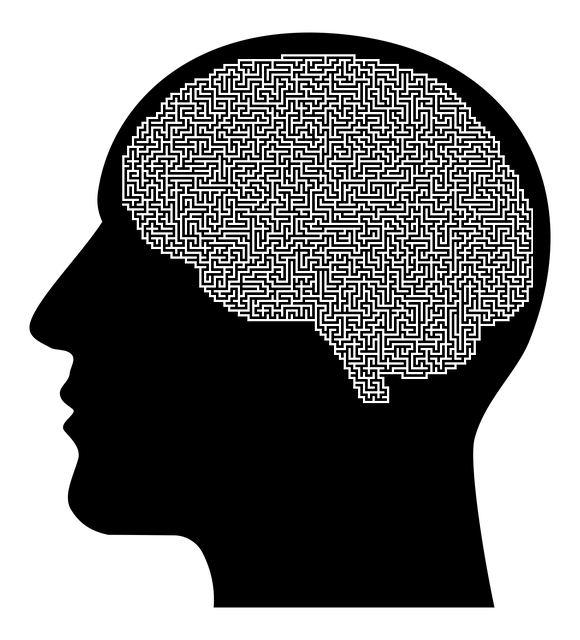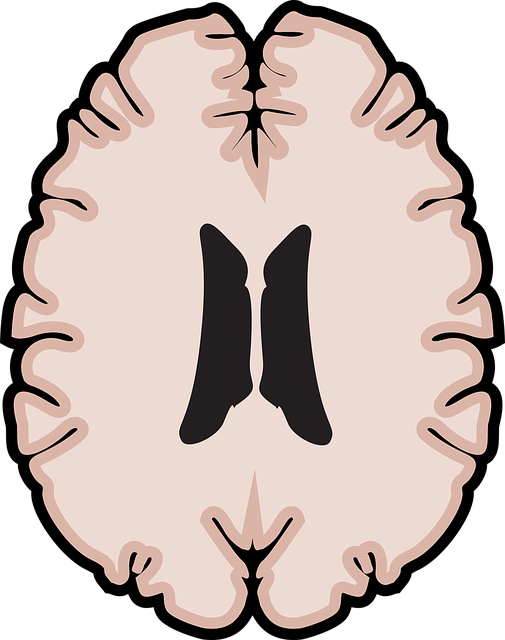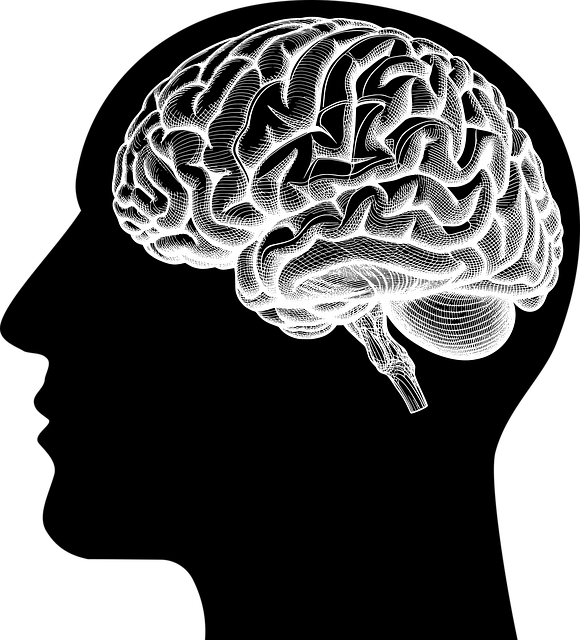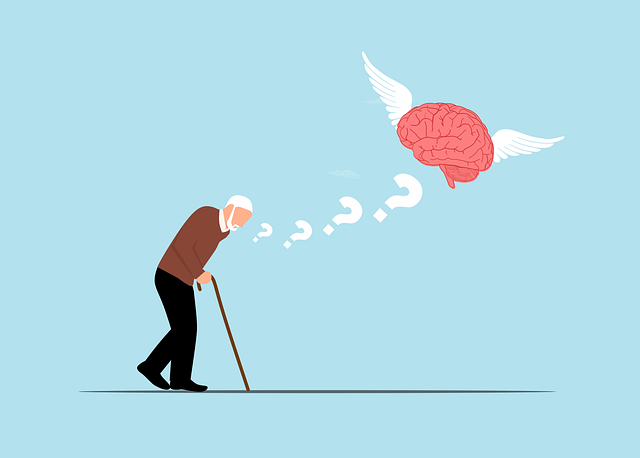Highlands Ranch Veterans Therapy employs Recovery-Focused Methodology (RFM) to build resilience among veterans through self-care, compassion cultivation, and mindfulness techniques. This innovative approach transforms challenges into opportunities, enhances adaptability, and addresses mental illness stigma. Using tailored, culturally sensitive practices like Mental Wellness Journaling, they empower individuals to process trauma, improve mood management, and foster inclusive environments respectful of diverse backgrounds. Success is measured through pre- and post-exercise data assessments, focusing on mental health, stress management, and social connectivity improvements.
“Highlands Ranch Veterans Therapy is pioneering a unique approach to post-traumatic stress recovery through Resilience, Strength, and Mindfulness (RFM) exercises. This comprehensive program aims to empower veterans with coping strategies, enhancing their resilience in the face of adversity.
The article delves into the transformative power of RFM, exploring its role in building mental fortitude. We examine the practical implementation at Highlands Ranch, where tailored exercises strengthen emotional well-being. Additionally, we measure the success and impact on veteran clients, showcasing the program’s effectiveness.”
- Understanding RFM and Its Role in Resilience Building
- Implementing Exercises for Strengthening Resilience at Highlands Ranch Veterans Therapy
- Measuring Success: Evaluating the Impact of RFM Exercises on Veteran Well-being
Understanding RFM and Its Role in Resilience Building

Resilience is a vital asset for individuals navigating life’s challenges and uncertainties. This is where RFM (Recovery-Focused Methodology) comes into play, serving as a powerful framework to enhance mental fortitude. Highlands Ranch Veterans Therapy recognizes the significance of RFM in fostering resilience, especially among veterans who often face unique psychological barriers. By integrating self-care practices and compassion cultivation techniques, this methodology promotes healing and recovery.
The role of RFM extends beyond traditional therapy methods by encouraging individuals to actively participate in building their resilience. It involves cultivating a mindset that embraces challenges as opportunities for growth. Through various exercises, participants learn to navigate life’s storms with grace and adaptability. Additionally, addressing the Mental Illness Stigma Reduction Efforts is an integral part of this process, ensuring individuals feel supported and understood in their journey towards resilience.
Implementing Exercises for Strengthening Resilience at Highlands Ranch Veterans Therapy

At Highlands Ranch Veterans Therapy, implementing exercises for strengthening resilience is a core component of their therapeutic approach. Recognizing the unique challenges faced by veterans, the therapy center offers tailored programs designed to enhance mental wellness and foster resilience. One such initiative involves the Mental Wellness Journaling Exercise Guidance, where patients are encouraged to reflect on their experiences through regular journaling practices. This not only improves mood management but also provides a safe space for self-expression, allowing individuals to process trauma and build emotional coping mechanisms.
The center prioritizes cultural sensitivity in mental healthcare practice, ensuring that the exercises resonate with diverse backgrounds and experiences. By integrating these culturally sensitive approaches, Highlands Ranch Veterans Therapy aims to create an inclusive environment where every veteran feels heard and supported. Additionally, they incorporate mindfulness practices and cognitive-behavioral techniques to help participants develop effective coping strategies, thereby improving their overall resilience and quality of life.
Measuring Success: Evaluating the Impact of RFM Exercises on Veteran Well-being

Measuring the success of Resilience Building Exercises (RFM) is paramount to understanding their impact on veteran well-being, particularly in a setting like Highlands Ranch Veterans Therapy. By assessing the outcomes and changes among participants, therapists can gauge the effectiveness of these exercises in enhancing resilience and coping mechanisms. This evaluation process involves collecting data before and after the RFM implementation to identify improvements in areas such as mental health, stress management, and social connectivity.
The impact can be profound, as Self-Awareness Exercises and Conflict Resolution Techniques often foster deeper insights into personal strengths and weaknesses, promoting better self-care and interpersonal relationships. Additionally, Cultural Sensitivity in Mental Healthcare Practice plays a vital role in ensuring that RFMs are inclusive and beneficial to veterans from diverse backgrounds, further enriching the overall therapeutic experience at Highlands Ranch Veterans Therapy.
Highlands Ranch Veterans Therapy has successfully integrated RFM (Resilience, Flexibility, and Mastery) exercises into their program, demonstrating a significant positive impact on veteran well-being. By understanding the role of RFM in building resilience, the therapy center has created a structured approach to help veterans navigate challenges effectively. The measured success of these exercises highlights the potential for RFM to enhance coping mechanisms and overall mental health within the veteran community, making it a valuable tool for any therapeutic setting.














